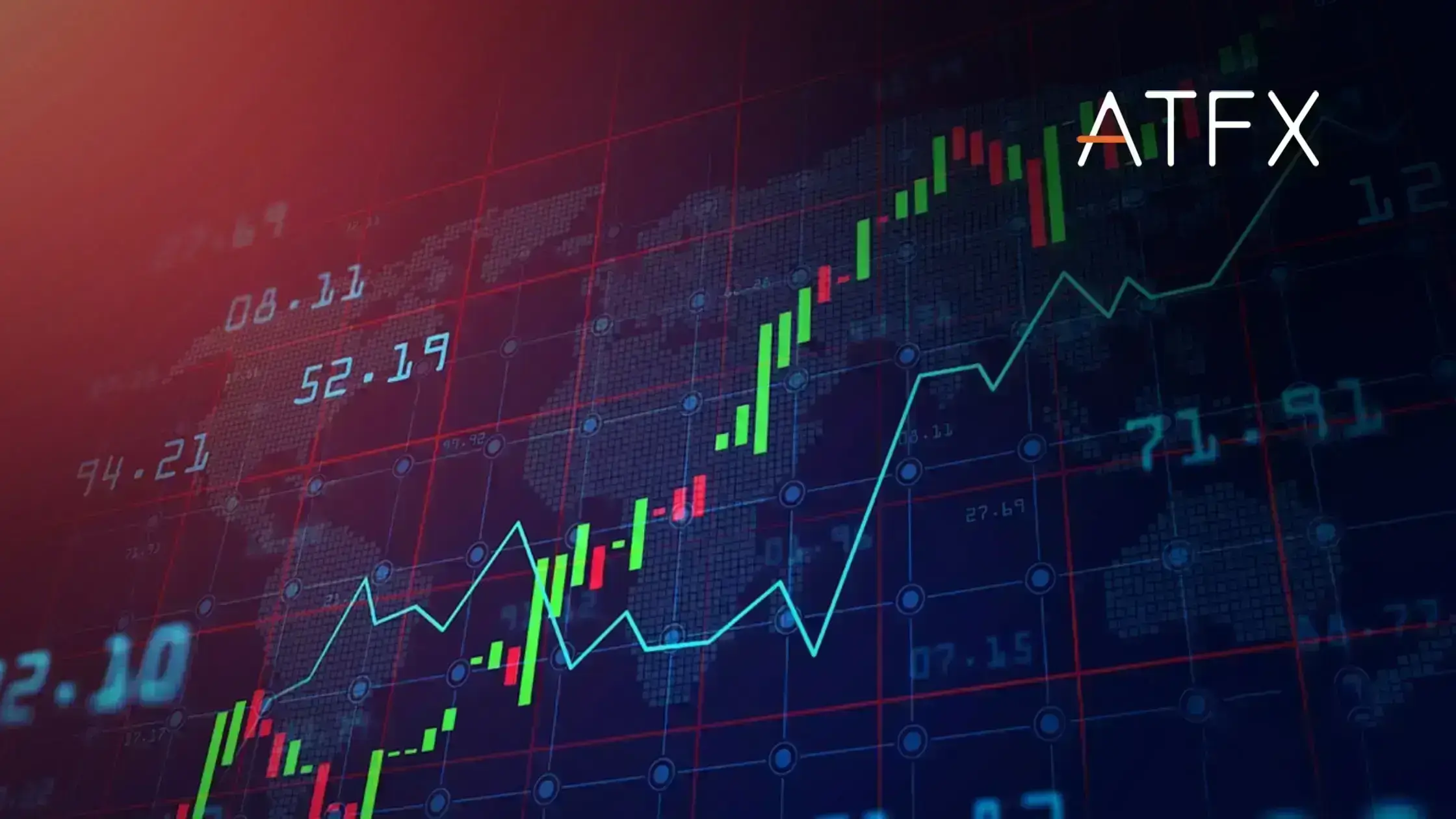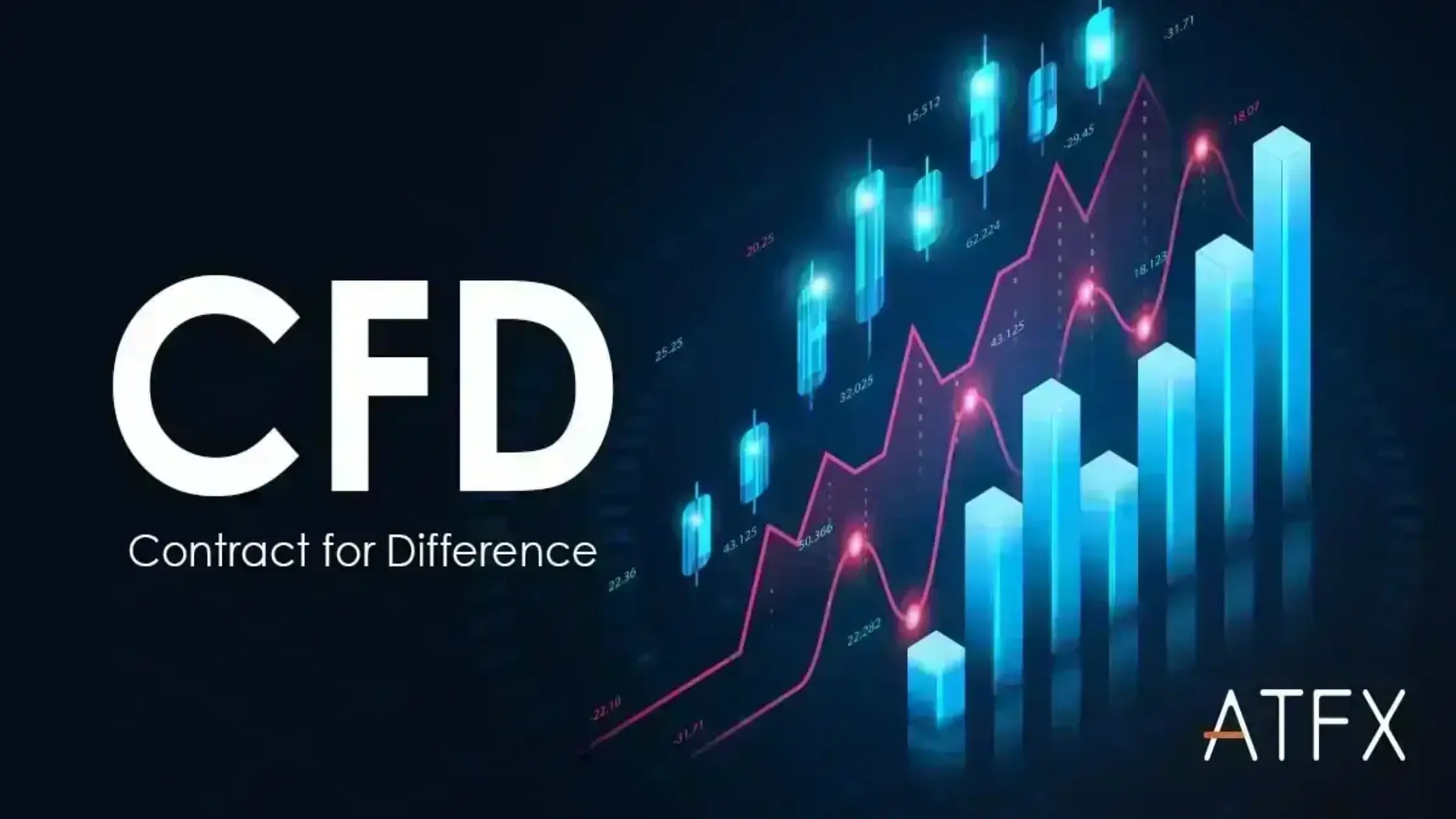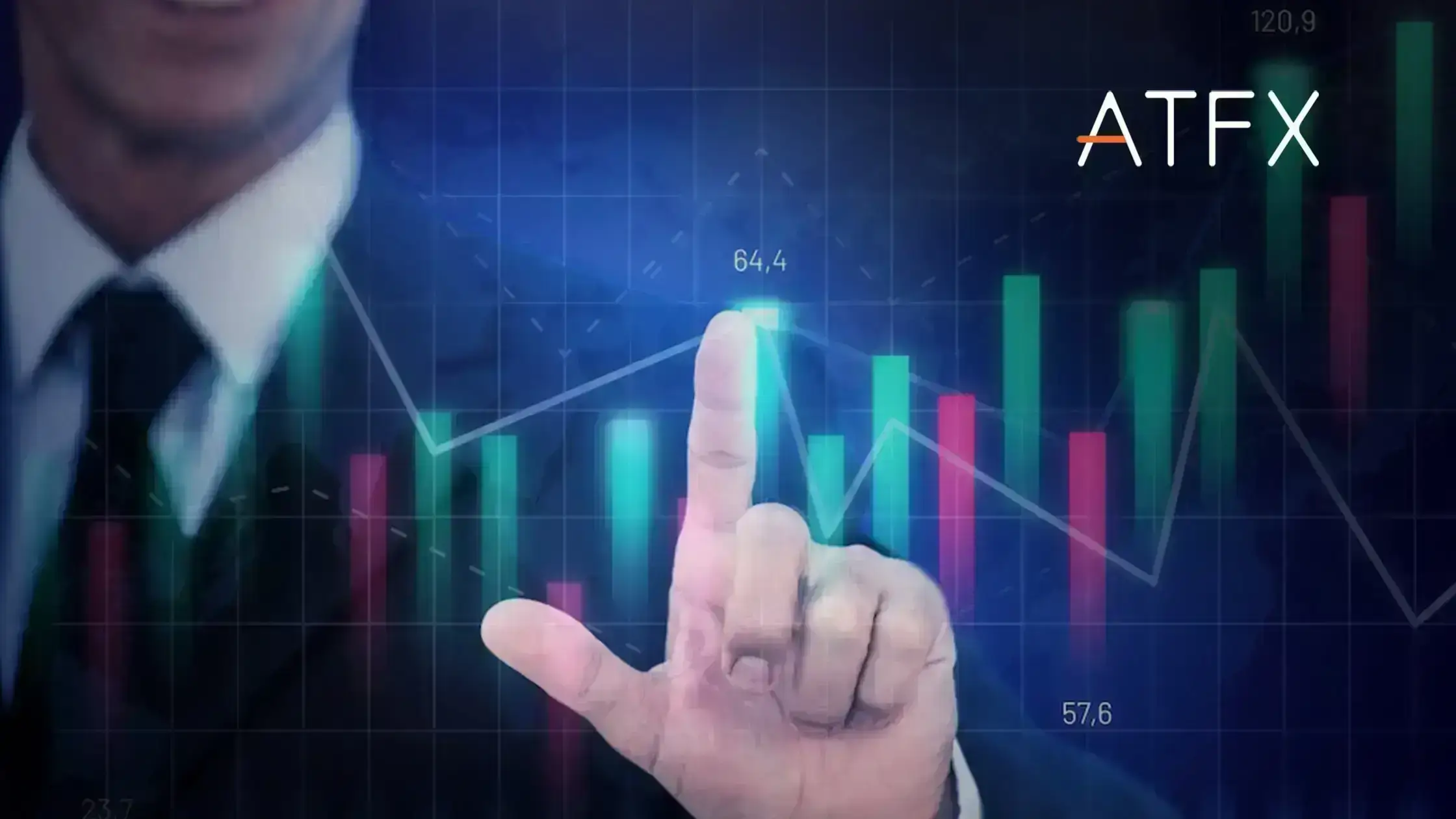We’ve broken down becoming a trader into four main steps.
In this step by step guide, we’ll cover many topics to help you become the best and most confident trader you can be.
We’ll discuss some of the most common mistakes traders make and what it takes to be a successful trader.
There are no shortcuts to success, and there is no holy grail. If you commit to developing new skills, you’ll have a great chance to experience success.
Who is a trader, and what do they do?
A trader is anyone that buys and sells products or services, in this instance we’re only talking about financial traders. Those that buy and sell products within the financial markets. These include forex, equity indices, commodities, cryptocurrencies and more.
The buying process is done through a broker, and normally online for most retail traders. Although there are still some more traditional brokers where transactions and deals are agreed over the phone and in person.
Platforms like MT4 have made access to the financial markets easy for anyone wanting to get involved. Here you’ll buy and sell the instruments and book all your profits (or losses).
What type of traders are there?
/analysis-trading-strategies-how-to-become-a-trader-man-image.jpg?quality=low&width=300&name=analysis-trading-strategies-how-to-become-a-trader-man-image.jpg) You can class types of traders by their activity and the time frame they hold positions for, are they passive or active? Passive traders are mostly investors who tend to trade over the longer term. For example; they may take a position in a currency and remain in that position for months or longer. Active traders can be subdivided into various categories, such as scalpers, day traders and swing traders.
You can class types of traders by their activity and the time frame they hold positions for, are they passive or active? Passive traders are mostly investors who tend to trade over the longer term. For example; they may take a position in a currency and remain in that position for months or longer. Active traders can be subdivided into various categories, such as scalpers, day traders and swing traders.
Scalpers will hold trades for very short periods of time, sometimes it’s only a matter of seconds or minutes. They generally work off low time frames such as one to five-minute charts.
Day traders won’t carry trades overnight, all positions will be closed before they finish for the day. They tend to use between five-minute time frames up to hourly time frames.
Swing traders will try to ride the swings they see developing on their four hour or daily time frames, and they may hold trades for days or weeks.
What are the benefits of becoming a trader?
The main benefits of trading are:
– The potential profitability is unlimited. The sky really is the limit. However, yes you can make a lot of money becoming a trader, on the flip side, you can lose everything you put into it. Ensure you go in with your eyes open and learn about risk management.
– Flexibility. There are financial markets open at pretty much every hour of every day. This means you can choose to trade whenever you like. You can ensure that it fits around your schedule rather than the other way round.
– You have complete control. You choose:
The hours you trade
The instruments you trade
How much money you commit to the market
How aggressive you are with your buying and selling
How you manage your risk
The strategy you use
Where you trade from (this could be an office, your bedroom or a sunny beach)
Do you need qualifications to be a trader?
No. You don’t need any qualifications to become a trader, and there is no evidence that professional traders succeed more if they have degrees or professional certificates. That said, it is important to learn, and keep learning about the markets, new trading strategies and tools.
If you’re diligent, disciplined and dedicated, you’re more likely to succeed. That’s why we offer all our clients access to our comprehensive trading education centre.
Is it hard to become a good trader?
Unfortunately there’s no right answer to that question because it comes down to you, the individual. How good a trader you become is based on the same factors you’d apply to becoming good at anything.
There’s no guarantee that you’ll become a sub four hour marathon runner but if you dedicate yourself and train hard, you’ll give yourself the best chance to hit that target. The same applies to trading.
What we do know is that successful traders do possess similar qualities, as mentioned above; diligence, discipline and dedication.
How to become a successful trader
We’ve highlighted three important things you’ll need to become a successful trader.
– Education. Education, education, education. This is arguably the most important factor to success. The more you educate yourself, the more you’ll know about what works and what doesn’t when trading. And as the financial markets are an evolving entity, you should evolve with it, make sure you’re up to date with the latest announcements and news.
– Practice. As we’ve highlighted above, trading is like anything, with more practice you will become better. With more experience you will be able to make more informed trading decisions. This is a reason why we always recommend that any new traders start on a demo account.
– Patience. You’ll not enjoy overnight or immediate success as a novice trader. It’ll take time to develop a risk management plan and a trading strategy. But being patient will stop you making major mistakes early on and increase your chances of longevity.
/analysis-trading-strategies-how-to-become-a-trader-people-image.jpg?quality=low&width=825&name=analysis-trading-strategies-how-to-become-a-trader-people-image.jpg)
Learn how to trade:
Choose your market and trading strategy
Whilst it is important to decide which markets you want to trade, right at the beginning of your trading career, it doesn’t matter quite so much. At the end of the day, it is still a chart with the price plotted against time, what that represents isn’t vital right away.
First you should learn how to start trading, understand the key principles about risk and strategies. Then you need to decide how much time you can set aside to trade. If you work full time, you’re not going to be an active day trader. So, maybe swing trading is where you should start looking, a strategy where you can look at the charts once or twice a week to make your decisions.
Settling on a clear and simple trading strategy, one that works for you and your circumstances, is an important first step. Check out our great beginner day trading strategies.
Practice with a demo account
A demo account is ideal to begin your trading venture. Because you use virtual money while you become familiar with the platform and the trading process, you can build your confidence risk free.
Consider the demo as a driving simulator before you get into a real car. There is no risk to you or anyone else while you practice in a simulator. You can hone your skills and make sure you’re 100% ready before getting behind the wheel of a real car.
So, a few take outs about why you should use a demo first?
Familiarise yourself with the platform
Practice your trading strategy
Practice your risk management strategy
Understand how psychology plays a role in trading
Grow your confidence
Open a live account and start trading
Opening a basic trading account is easy. You’ll need to fill in the required application form and confirm your identity, which is an important security protocol. Once you’ve done that, you’re ready to go.
How much you need to start trading
To start trading, you just need to provide your own funds to trade. How much you want to start with is down to you, although most brokers will have a minimum deposit amount. If you’re trading through ATFX, we ask that you deposit a minimum of £/€/$500.
Some brokers do request lower amounts however you might find your trading restricted by smaller amounts. For example, if you were to deposit £/€/$100, it would be ok to take a small trade on a single currency pair but will be inadequate to trade multiple currency pairs.
What are the risks involved with trading?
One of the biggest risks involved in trading is losing a lot of money early on. Having a bad experience and giving up trading before you’ve allowed yourself enough time to develop is a typical story.
What percentage of traders are successful? All regulated brokers are required to provide this information. You will see a percentage of traders that lose money from that broker.
Avoiding becoming one of these statistics is straightforward. As you’re learning how to trade, make sure you only risk money that you can afford to lose. If losing it won’t have a detrimental effect on you or your family’s life, then that amount is probably fine to risk. It’s important you understand why traders fail, so you can make sure it doesn’t happen to you.
If you’re trading to make money to pay bills and you’re undercapitalised you’ll be stressed and make emotional decisions. You’re less likely to stick to your trading plan, and therefore more likely to start hemorrhaging money.
Trading should be an exciting and enjoyable activity. You’re developing a new skill and hopefully building another revenue stream for yourself. You won’t do that if you’re sweating on the outcome of every trade because it’s essential.
Gain experience
You can only gain experience by trading. First, start trading in a demo environment, then you will need to move to a live account. There are noticeable psychological differences between the two, so make sure you ease yourself into live trading (start small).
You will need to trade in a manner you’re comfortable with and by risking funds that won’t materially damage your welfare.


